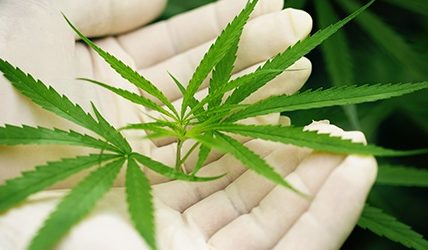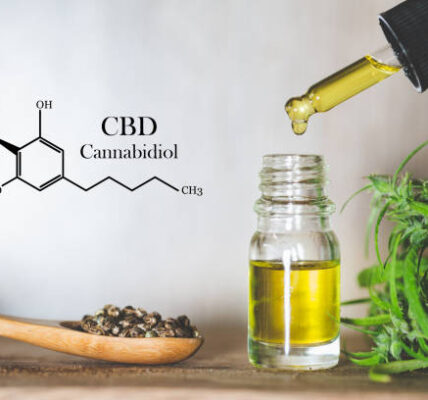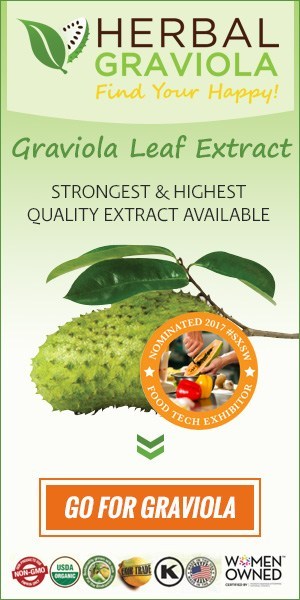It’s no surprise that attitudes toward cannabis are shifting. Cannabis leaves are called flowers, while dried buds are called buds. These buds contain high levels of THC which is responsible for most of the plant’s psychoactive effects. There are cannabis plant is defined as any part of the plant that contains THC, including flowers, which are referred to as marijuana.
While both flower and marijuana contain THC, they are not necessarily interchangeable terms. In some cases, the flower may be sold legally as a health supplement or herbal remedy without requiring a prescription or medical card. The legal status of cannabis varies depending on where you live where medical or recreational use is allowed, and individuals over 21 purchases and consume products containing THC from licensed dispensaries.
The marijuana is legal for adult use in a state; there are some restrictions on owning or growing marijauna vs flower at home. For example, in California adults over 21 possess up to one ounce of flower or eight grams of concentrate legally but growing more than six plants at home requires a cultivation license. In contrast to this patchwork approach to regulation in states with legalized marijuana programs is hemp-derived CBD products that became federally legal under the 2018 Farm Bill passed by Congress last year because they contain less than .3% THC- making them distinctively different from traditional “marijuana” products.
Regulatory Landscape
- The Federal Government still prohibits possession and use under its Controlled Substances Act classification as Schedule I drugs alongside Heroin and LSD meaning these substances have no accepted medical value according to federal law enforcement agencies like DEA but instead carry an extremely high risk for addiction potential leading many state governments at odds with those policies while navigating new markets opening up around them such as CBD oil sales which have exploded nationwide since last year’s Farm Bill was signed into law by President Trump this past December making hemp-based derivatives federally permissible despite ongoing controversy over safety concerns regarding quality control due largely due lack oversight within an unregulated industry.
- THC and CBD meaning factors like tax revenues generated by legalized sales will vary widely depending on if only medical use options exist if there are separate systems for medicinal versus recreational consumers alongside other considerations such as taxes imposed per product sold based on potency levels along with testing requirements mandated by local authorities ensuring safety standards met throughout supply chains leading back all way down growers cultivating crops themselves.







